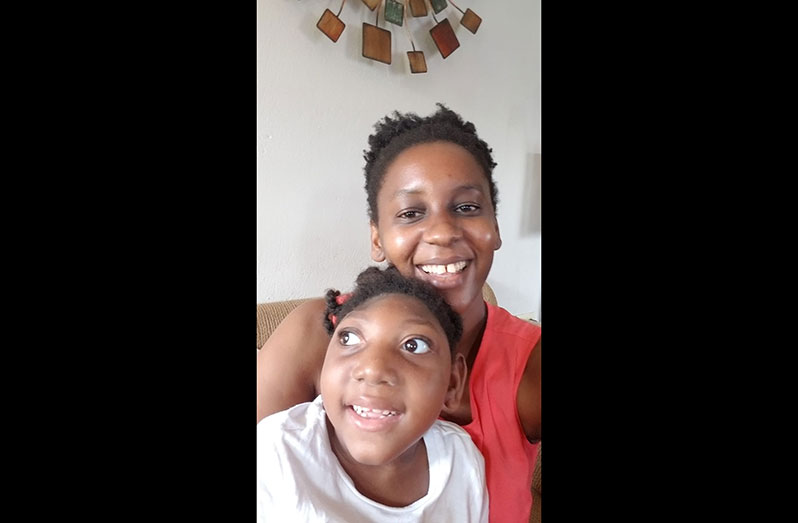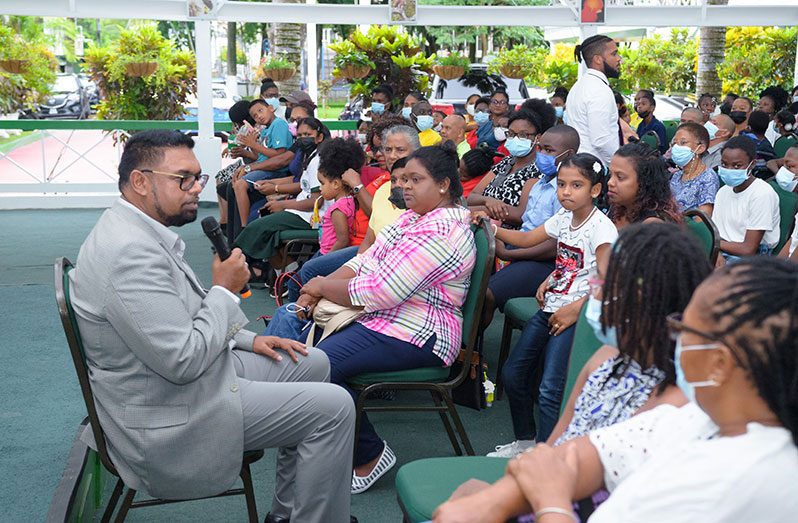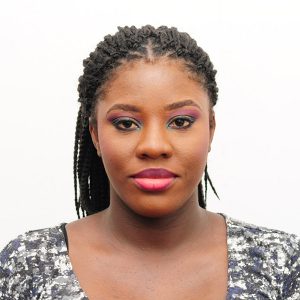WHEN you’re pregnant, you often dream of what your child is going to be and envision them living a full and normal life, so much so that it is often not easy to face the reality of your child having a different future, if or when, they are born with a disability.
In addition to the psychological strain that comes with overcoming the stigma of how children and people with disabilities are viewed in society, parents face added physical strain in caring for the child, and added financial burden in funding extra childcare costs for medication, transportation, and special care.
Parents often feel alone, and also face mental health challenges as they do the best for their children.
“At times it can be overwhelming, but, thankfully, I have the support of my family,” expressed Andrea Bryan-Gardner, whose five-year-old daughter, Amariya Garner, was born with microcephaly. This is a birth defect whereby a baby’s head is smaller than expected when compared to other babies.
Bryan-Gardner’s daughter cannot walk, see or talk.
Parents like Bryan-Gardner are seeing the government’s announcement of a one-off $100,000 grant for each child with a disability and other measures announced by President, Dr Irfaan Ali, on Friday, as a welcome surprise that will go a long way in making life better.
The announcement was made at State House during a meeting between the President, the First Lady Arya Ali and scores of parents and their children with disabilities. At the interactive session, parents shared their concerns, and suggestions on how the government can offer assistance.

“I’m elated and I applaud the Government of Guyana for this initiative. Parents of children with special needs experience emotional, physical and financial hardships and this will go a long way to alleviating some of the financial burdens,” said Bryan-Gardner.
Bryan-Gardner had started a support group for mothers with children who have microcephaly. She shared how challenging it has been for the parents to deal with the financial costs, particularly when it comes to transporting their children.
“Most of the parents also have other children to support too. I’m married but most of the women in my ‘micro mommies group’ are single parents with nobody to keep their children, so it’s even harder for them. Some men have left them because the child came out with a disability,” Bryan-Gardner told the Sunday Chroncile.
One of the mothers in her group is 23-year-old Felicia Lewis from Bartica, who has to travel to the city every few months for her daughter, Deanna Huggins, to be seen by a paedatrician in Georgetown.
“Transportation does be a big challenge; that and having money every day with you to carry her to therapy. That does be kind of challenging because you may not always have the fare for taxi or bus. And I am not working, it’s just her father supporting us,” Lewis told this newspaper.
Though remaining strong for her daughter, she said it has not always been easy, particularly given that she has another one-year-old child and it’s hard to see her younger child be active while the older one cannot be.
“It’s hard to see [the] way she does be. Sometimes I have to go to the side and cry but I say crying doesn’t solve any problem, so I have to try to act normal with her, try to treat her like a normal child,” the mother of two said.
Celeste Belgrave, whose daughter, Makayla Belgrave is blind, was also present at State House on Friday, and more than being elated about the finances, she is looking forward to the other initiatives the President announced, which include the establishment of a $120 million business centre for persons with disabilities (PWDs), care centres for the children and assistance with transportation.
“It’s a nice initiative, I am looking forward to see it come to pass. To be honest, I’ve never seen anyone else promise us these stuff, so I am looking forward to it because to have a child with a disability and you’re getting help, you would really look forward to that,” she expressed.
Belgrave commended President Ali, not just for the initiatives, but for taking the time to listen to the parents and show that the government cares about the challenges that they are facing. She was particularly heartened in hearing the President note that he will address issues facing parents who have been having difficulties in accessing public assistance.
Upon hearing about the issues faced with accessing public assistance, the Head of State made an on-the-spot decision to provide automatic public assistance to children on the register, as a means of long-term support.
“When you have a child with special needs, you cannot work. For example, when you have a child with cerebral palsy, you can’t work as you want to, especially if the child can’t do certain things. Even if you are working, not every daycare caters for these children and that’s one thing he is doing [with] the centre,” Belgrave noted.
“I feel it for parents that can’t work, so at least I know the daycare will go a long way for parents. It’s not that parents don’t want to work; there are parents that want to work, willing to work… we can go and do something, we can’t do it when you have special needs children. These are not children that you can leave it with just anybody.”












